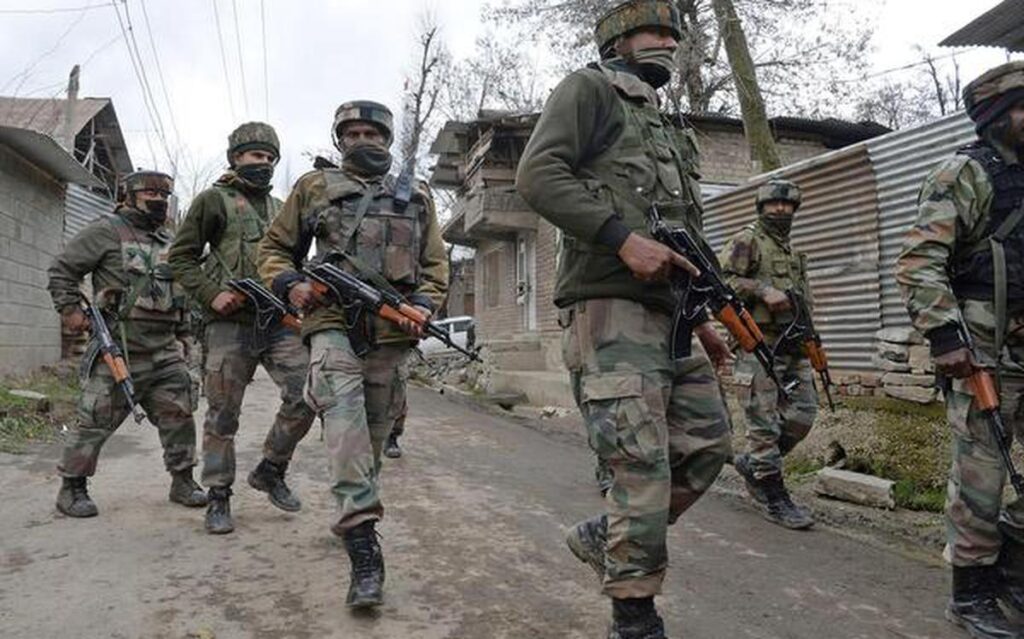The Armed Forces Special Powers Act (AFSPA) has been criticised, with some human rights activists calling for its repeal.
The Assam government offered the residents of West Karbi Anglong a Diwali gift on Thursday by revoking the district’s status as a “Disturbed Area” effective October 1, 2022. The number of districts covered by the Armed Forces (Special Powers) Act of 1958 (AFSPA) has now been reduced to eight.
“Earlier AFSPA covered 9 districts and 1 Sub-division in Assam, now it covers 8 districts and one Sub-division,” Niraj Verma, Principal Secretary of Home and Political Department, was reported as saying by news agency ANI.
In addition, the state administration announced that the AFSPA has been extended for six months in eight districts and one sub-division following an assessment of the law and order situation.
The order, dated October 15 and announced on Thursday, indicated that nine districts and one sub-division had been retained under the AFSPA since April 1 as “disturbed areas” after the rest of the state had withdrawn the legislation.
A recent analysis of the law and order and security situation in Assam suggests that the situation has significantly improved in the state’s West Karbi Anglong district.
The Governor of Assam is delighted to withdraw the ‘Disturbed Area’ declaration from West Karbi Anglong, effective October 1, 2022 “the order stated. The contentious law continues to apply to these 8 districts
Tinsukia, Dibrugarh, Charaideo, Sivasagar, Jorhat, Golaghat, Karbi Anglong, and Dima Hasao districts remain in conflict, as does the Cachar sub-division of Lakhipur in the Barak Valley.
Why does AFSPA face criticism?
The act was enacted in Assam in November 1990 and has been extended every six months since then after a state government review of the circumstances. Under AFSPA, security forces can conduct operations anywhere and arrest anyone without a warrant.
It also provides security forces with some immunity in the event of a failed mission. Civil society organisations and human rights advocates have demanded that the “draconian law” be removed from the entire North East, claiming violations of human rights by the military forces.
The call to abolish the legislation gathered traction after 14 civilians were killed by security personnel in a botched anti-insurgency operation and subsequent bloodshed in Nagaland’s Mon district on December 4, 2021.

